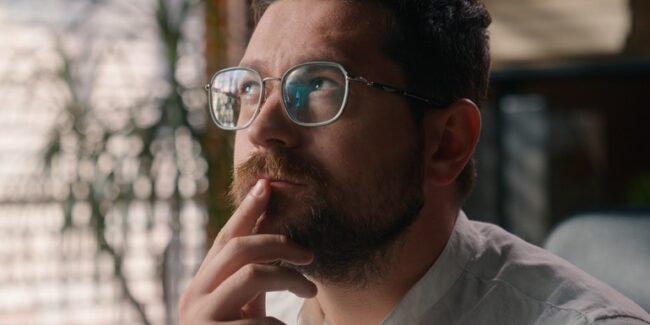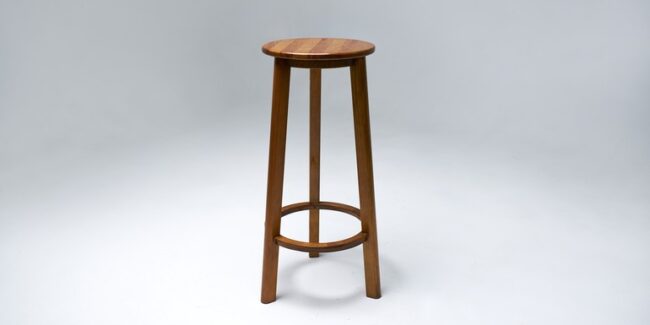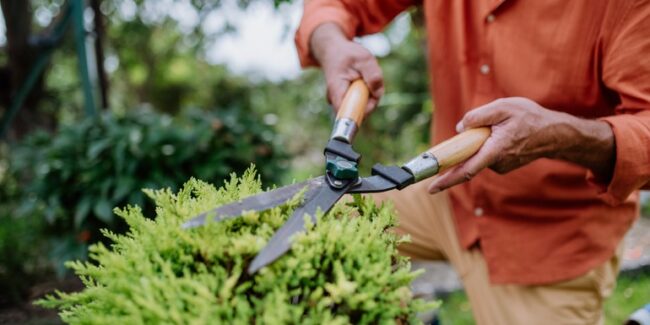Most people think of risk tolerance as a score, something you get from ticking boxes on a questionnaire. Conservative. Balanced. Aggressive. Or a mixed blend.
However, the truth is that risk tolerance isn’t static. It’s not a number etched in stone or a label that defines you forever. It’s a living, evolving measure that is shaped by your emotions, your experiences, and the season of life you’re in.
You may have been comfortable taking risks in your twenties that would feel reckless now. Or maybe, after a few tough years, you’ve become more cautious. Not because you’ve lost confidence, but because your priorities have changed. That’s natural.
We see this all the time. Someone who once considered themselves a high-risk investor suddenly becomes uneasy after a market dip. It might not be because the fundamentals have changed, but because their emotional response to uncertainty has caught them off guard.
Others grow into risk. A conservative investor who’s been slowly building confidence may start to realise that taking some risk is essential if they want their wealth to outpace inflation and support their long-term goals.
None of this is wrong. It just means that your risk tolerance needs to be revisited — and respected — over time.
This is why we talk about risk in more human terms, not just technical ones.
Yes, risk can be measured with considerations like standard deviation, downside capture,and volatility. But it’s also about how you feel when markets dip. What keeps you up at night? What makes you hesitate to invest more? What trade‑offs are you willing to make to reach your goals?
Your risk profile is not just about how much you can afford to lose; it’s also about how much you’re emotionally willing to see fluctuate without abandoning the plan. The goal of financial planning isn’t to push you to the edge of your comfort zone. It’s to help you grow within it.
And as your life changes — career shifts, children growing up, nearing retirement, going through loss or transition — your feelings about risk may shift too. That doesn’t mean you’ve become irrational. It means you’re human.
That’s why we believe risk conversations shouldn’t happen once. They should be ongoing and woven into our reviews, our decisions, and your life’s transitions.
So if you’ve been feeling uneasy about your investments or wondering if your plan still fits the person you are today, let’s talk. This is how we move beyond finding the right returns and focus on finding the right rhythm.










